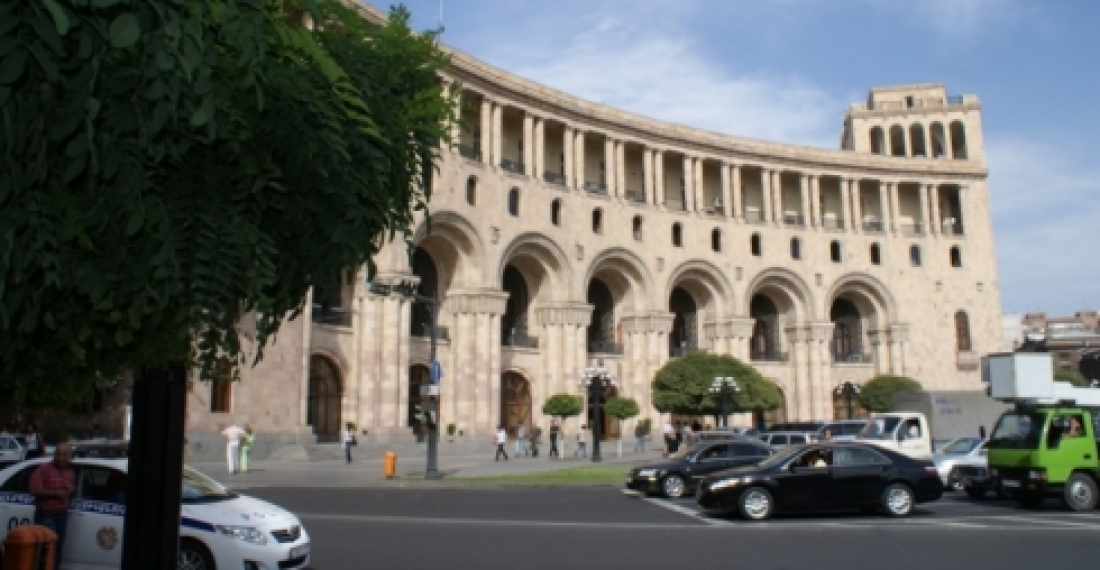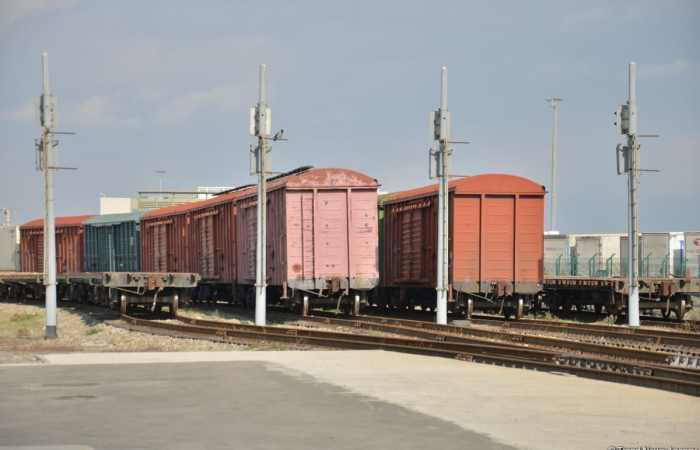Ереван, 04.03.13. АрмИнфо.
3 марта министр иностранных дел Армении Эдвард Налбандян провел встречу с сопредседателями Минской группы ОБСЕ - Игорем Поповым (Россия), Жаком Фори (Франция), Яном Келли (США) и с личным представителем действующего председателя ОБСЕ Анджеем Каспшиком.
Как сообщает пресс-служба МИД РА, в ходе встречи были обсуждены вопросы, касающиеся процесса урегулирования нагорно-карабахского конфликта. В частности, обсуждению подверглись предложения, сделанные в ходе предыдущей встречи сопредседателями Минской группы ОБСЕ по укреплению мер доверия в зоне конфликта. Достигнута договоренность о предстоящем визите сопредседателей в регион.
Эдвард Налбандян привлек внимание сопредседателей на тот факт, что в ходе достигнутых по итогам состоявшихся ранее в Париже двух встреч глав МИД Армении и Азербайджана согласованных совместных сообщений для прессы, азербайджанская сторона не только не опубликовала их, но и в уже ставшем характерном для себя стиле опубликовала сообщения, не имевщие ничего общего с обсуждавшимися вопросами. Стало уже традицией, когда азербайджанская сторона отказывает сопредседателям в их предложениях, после чего выражает озабоченность по поводу переговорного процесса.
Министр Налбандян вновь выразил сопредседателям благодарность за их важную и последовательную миссию, свидетельством чему являются заявления президентов стран - сопредседателей Минской группы ОБСЕ, сделанные ими в Лаквилле, Москве, Довиле и Лос-Кабосе. Министр вновь заявил, что Армения совместно с сопредседателями продолжит прилагать усилия по исключительно мирному урегулированиию конфликта.






